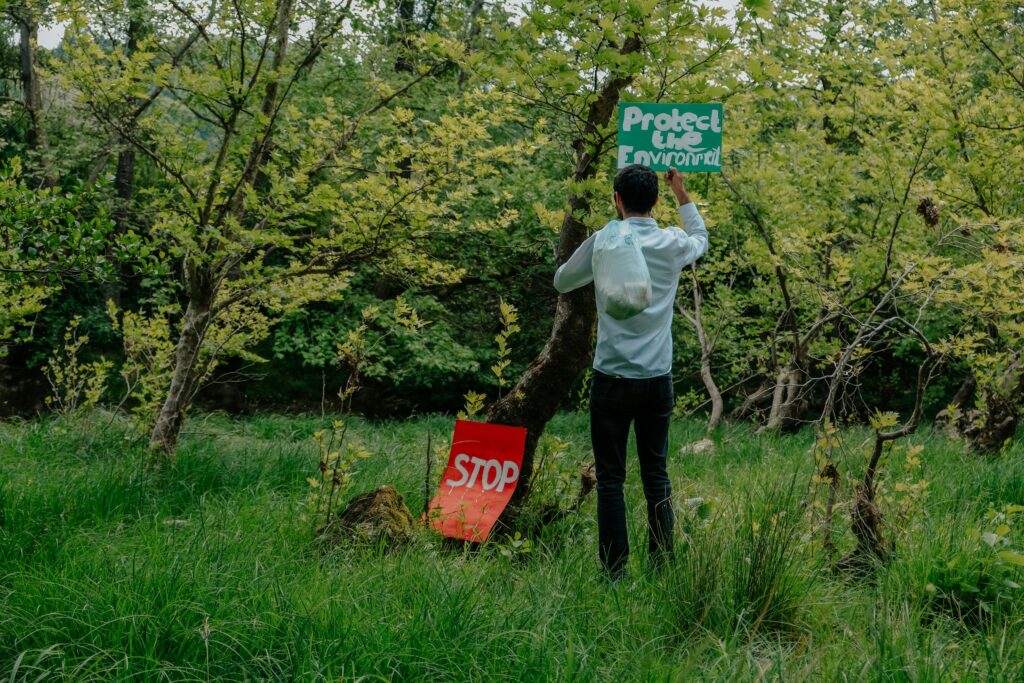Patagonia, a region spanning the southern end of South America, is renowned for its stunning landscapes, pristine wilderness, and unique wildlife. As more travelers seek eco-friendly adventures, Patagonia stands out as a prime destination for sustainable tourism. This complete guide will provide you with essential tips and recommendations on how to travel green in Patagonia, ensuring that your visit leaves a positive impact on this beautiful and fragile environment.
Sustainable Travel Tips for Patagonia

Understanding Sustainable Travel
Sustainable travel involves making responsible choices that reduce your environmental footprint and support local communities. In Patagonia, this means respecting natural habitats, minimizing waste, and choosing eco-friendly services.
Plan Your Trip in Advance
Planning ahead allows you to make more sustainable choices. Research eco-friendly accommodations, local guides, and transportation options to ensure your trip supports green initiatives.
Reduce Carbon Footprint
Choose transportation options with lower carbon emissions. Consider traveling by bus or train instead of flying, or use carpool services. Once in Patagonia, opt for walking, biking, or using public transportation whenever possible.
Pack Light and Smart
Packing light reduces the carbon footprint of your travel. Bring reusable items such as water bottles, shopping bags, and utensils to minimize waste. Choose eco-friendly toiletries and avoid single-use plastics.
Eco-Friendly Accommodations in Patagonia
Ecolodges and Eco-Friendly Hotels
Patagonia offers a variety of ecolodges and eco-friendly hotels that prioritize sustainability. These accommodations often use renewable energy, recycle waste, and support local conservation efforts.
Torres del Paine EcoCamp
Located in Torres del Paine National Park, EcoCamp is a pioneer in sustainable tourism. It features geodesic domes with minimal environmental impact, uses renewable energy, and promotes local culture.
Awasi Patagonia
Awasi Patagonia is a luxury lodge that emphasizes environmental stewardship. It employs local staff, sources materials sustainably, and supports wildlife conservation projects.
Patagonia Eco Domes
Situated near El Chaltén, Patagonia Eco Domes offers comfortable, eco-friendly lodging with stunning views. The domes are built with sustainable materials and operate with minimal environmental impact.
Sustainable Activities in Patagonia
Hiking and Trekking
Patagonia is famous for its hiking and trekking opportunities. Stick to marked trails to avoid damaging vegetation, and carry out all trash. Consider joining guided tours led by local experts who prioritize environmental education.
Wildlife Watching
Patagonia is home to diverse wildlife, including guanacos, pumas, and condors. Engage in responsible wildlife watching by keeping a safe distance, not disturbing animals, and choosing tours that support conservation efforts.
Eco-Friendly Water Activities
Explore Patagonia’s lakes and rivers through kayaking, paddleboarding, or rafting. Choose operators that practice sustainable tourism and prioritize the protection of aquatic ecosystems.
Supporting Local Communities

Buy Local Products
Support local artisans and businesses by purchasing locally made products. This helps reduce the carbon footprint associated with transporting goods and supports the local economy.
Eat Local Cuisine
Enjoy traditional Patagonian dishes made from locally sourced ingredients. This not only enhances your cultural experience but also reduces the environmental impact of imported foods.
Engage with Community Projects
Participate in community-based tourism projects that promote cultural exchange and environmental conservation. This provides meaningful experiences and directly benefits local communities.
Minimizing Waste and Conserving Resources

Practice Leave No Trace Principles
Follow the Leave No Trace principles by packing out all trash, respecting wildlife, and leaving natural and cultural features undisturbed.
Reduce, Reuse, Recycle
Minimize waste by reducing consumption, reusing items, and recycling whenever possible. Many eco-friendly accommodations provide recycling facilities.
Conserve Water and Energy
Be mindful of water and energy usage. Take shorter showers, turn off lights when not in use, and choose accommodations that implement water and energy-saving measures.
Educational Opportunities in Patagonia

Environmental Workshops and Tours
Participate in workshops and tours that focus on environmental education. Learn about Patagonia’s ecosystems, conservation efforts, and sustainable practices.
Visit Conservation Projects
Visit local conservation projects to learn about ongoing efforts to protect Patagonia’s unique biodiversity. Support these initiatives through donations or volunteer work.
Engage with Local Guides
Local guides offer invaluable insights into Patagonia’s natural and cultural heritage. Choose guides who prioritize sustainability and environmental education.
The Future of Sustainable Tourism in Patagonia
Emerging Trends in Eco-Tourism
Sustainable tourism in Patagonia is evolving, with new eco-friendly accommodations, tours, and initiatives emerging. Stay informed about these developments to make greener travel choices.
The Role of Travelers
Travelers play a crucial role in promoting sustainable tourism. By making responsible choices and supporting eco-friendly services, you contribute to the preservation of Patagonia’s natural beauty.
Ongoing Conservation Efforts
Patagonia is home to numerous conservation efforts aimed at protecting its unique ecosystems. Support these initiatives by staying informed, making donations, and participating in conservation activities.
Conclusion
Frequently Asked Questions
Traveling green in Patagonia is not only possible but also incredibly rewarding. By making sustainable choices, supporting local communities, and respecting the environment, you can enjoy this breathtaking region while ensuring its preservation for future generations. Whether you’re hiking through Torres del Paine, kayaking on pristine lakes, or staying at an eco-friendly lodge, every decision you make contributes to a more sustainable and responsible travel experience in Patagonia.
What are the best eco-friendly accommodations in Patagonia? Eco-friendly accommodations include EcoCamp Patagonia, Awasi Patagonia, and Patagonia Eco Domes, all of which prioritize sustainability and environmental stewardship.
How can I minimize my environmental impact while hiking in Patagonia? Stick to marked trails, carry out all trash, and respect wildlife. Consider joining guided tours led by local experts who promote environmental education.
What sustainable activities can I do in Patagonia? Sustainable activities include hiking, wildlife watching, and eco-friendly water activities such as kayaking and rafting.
How can I support local communities in Patagonia? Support local communities by buying local products, eating local cuisine, and participating in community-based tourism projects.
What should I pack for a green trip to Patagonia? Pack light and smart, bringing reusable items such as water bottles, shopping bags, and utensils. Choose eco-friendly toiletries and avoid single-use plastics.
What is the future of sustainable tourism in Patagonia? The future of sustainable tourism in Patagonia looks promising, with emerging eco-friendly accommodations, tours, and conservation initiatives. Travelers play a key role in promoting and supporting these efforts.



